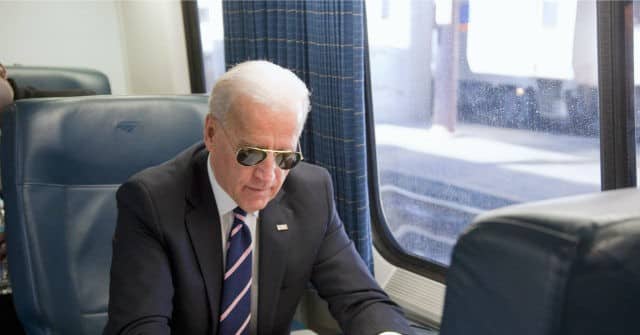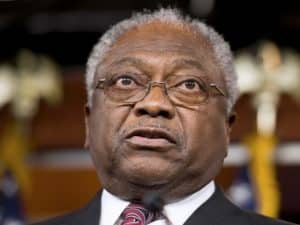The optimism of small business owners faded in November, according to survey results released Tuesday by the Nationa Federation of Independent Business.
The NFIB’s index of small business optimism fell 2.6 points to 101.4 in November, dragged down by lowered expectations for economic improvement in the near-term future.
That’s a stark contrast to the reaction four years ago when the index jumped from 95 in October to 106 in December following the election of Donald Trump.
Despite the decline, the index remains well above the 47-year historical average reading of 98.
“Small business owners are still facing major uncertainties, including the COVID-19 crisis and the upcoming George runoff election, which is shaping how they’re viewing future business conditions,” said NFIB chief economist Bill Dunkelberg.
The return on of lockdowns and restrictions on business are taking a toll on business confidence.
“The recovery will remain uneven as long as the country’s major GDP producing states, California and New York, are again restricting commerce,” the NFIB said in a statement.
Fifty-three percent of respondents reported capital outlays in the last six months, unchanged from October. New equipment was the biggest category for capital spending, followed by vehicles, and then improved or expanded facilities. The share of owners saying they planned additional capital expenditures in the next six months fell one point to 26 percent.
Many small businesses say they are having trouble finding qualified workers even though 10 million Americans are on the unemployment rolls and millions more are not working. Thirty-four percent of small business owners said they could not fill job openings in November, an increase of one percentage point from October. Twenty-nine percent say they have openings for skilled labor and 13 percent have openings for unskilled labor.
Over 53 percent reported hiring or trying to hire in November, down one point from October. A net twenty-one percent reported plans to create new positions in the next three months, up three points from October. Eighty-nine percent of those trying to hire reported few or no qualified applicants for positions they were trying to fill. Twenty-seven percent of small business owners cited poor labor quality as their biggest problem, exceeding taxes, regulations, and weak sales as the most cited challenge.
Small businesses have been particularly hard hit and feel disadvantaged in comparison to big businesses, especially Amazon.
“Amazon has not had to close, but restaurants, gyms, small retailers, etc. have had to close for some periods or operate under heavy traffic restrictions,” the NFIB said in a statement.



